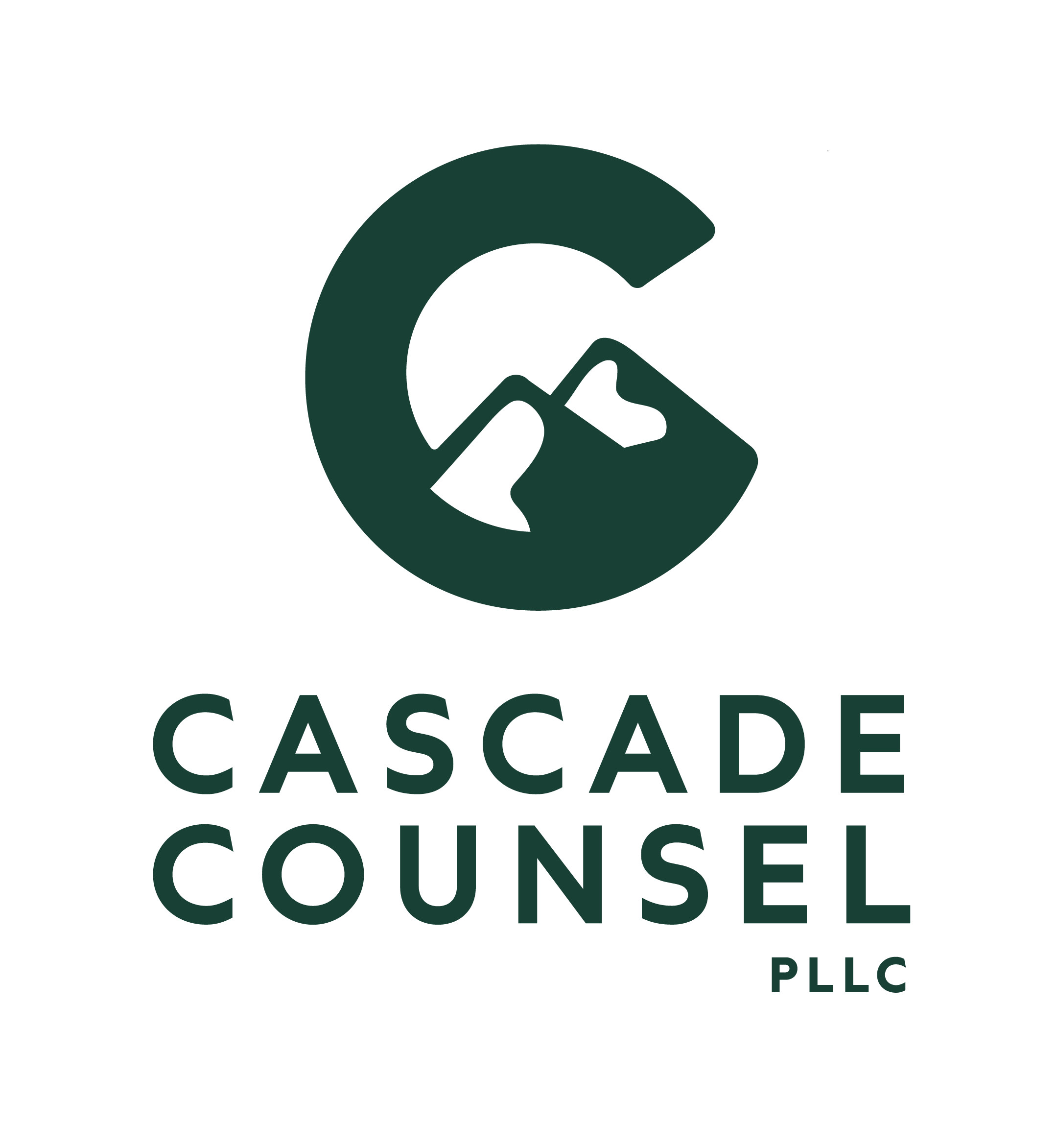Business Certifications
Certification Support Services for Small Business Owners
Navigate certification processes with confidence. Discover the programs that unlock funding, contracts, and mentorship.
If you’re a small business owner, especially from an underrepresented group, gaining access to certification programs can dramatically expand your growth opportunities. These programs can provide a direct path to federal contracts, funding, mentorship, and strategic networking—resources often out of reach for those without formal certification. But despite their potential, certification processes can be complex and misunderstood. This article outlines key types of certifications, their benefits, common challenges, and why the right support matters.
Certification Programs: Why They Matter
Certification programs are more than just red tape—they’re strategic tools that help level the playing field for small businesses, particularly those owned by minorities, women, veterans, and other historically disadvantaged groups. From federal agencies to large private-sector corporations, many procurement programs actively prioritize contracts with certified vendors.
Yet many business owners overlook or misunderstand these programs, deterred by the administrative burden or unsure if they qualify. That’s where Cascade Counsel steps in—to demystify the process, identify the certifications most aligned with your goals, and ensure your filings are completed properly.
Types of Business Certifications
Minority Business Enterprise (MBE)
Minority Business Enterprise certification, typically offered by the National Minority Supplier Development Council (NMSDC), is available to businesses at least 51% owned and controlled by U.S. citizens who are Asian, Black, Hispanic, or Native American. This certification grants access to corporate supplier networks, specialized funding, and training programs.


Women-Owned Business Enterprise (WBE)
Certification through the Women’s Business Enterprise National Council (WBENC) creates valuable pathways for women entrepreneurs. It increases visibility with corporate and government buyers and connects business owners with exclusive training, mentorship, and advocacy communities.
Veteran-Owned Certifications (VBE, VOSB)
Veterans can apply for certification as a Veteran Business Enterprise or Veteran-Owned Small Business. These programs provide unique access to government contracts, networking events, and transition support tailored to veteran entrepreneurs.
Qualified Opportunity Zones (QOZ)
Although QOZ participation is not a formal certification, QOZ-related programs offer tax incentives to businesses operating in economically distressed communities. And many of these programs are held open to certified businesses, or at least have some requirement for employing certified businesses. The advantages of participating in QOZ investments can attract capital and support long-term community development. However, eligibility and reporting rules can be complex.
Benefits and Opportunities
Funding and Grants
Certified businesses gain access to federal and local grants, revolving loan funds, and tailored financial programs:
MBDA Grants & Loans: Over $500 billion in potential funding.
Business Consortium Fund: Specialized financing for NMSDC-certified firms.
State and Local Initiatives: Additional opportunities often tied to geographic location or industry sector.
Training and Education
Certification can opens doors to top-tier development programs:
8(a) SBA Programs: Tailored mentorship and SBA navigation.
Executive Education: Programs at institutions like the University of Washington focus on tech adoption, strategic planning, and growth acceleration.
Online Learning: Initiatives like Advancing Black Entrepreneurs offer free digital courses and resources.
Networking and Access
Becoming certified places your business in front of buyers actively seeking diverse suppliers:
NMSDC and WBENC Networks: Thousands of corporate members looking to diversify their supply chains.
SCORE and MBDA Centers: Connect with mentors and other professionals who understand your challenges.
Annual Programs: Virtual and in-person events provide ongoing support and business leadership training.
What to Watch Out For
Certification isn’t always easy. Businesses often underestimate the time, documentation, and compliance involved. Here are a few common challenges:
Complex Application Requirements: Each certifying body has its own rules and submission formats.
Misconceptions: Many assume certification automatically guarantees contracts—It doesn’t. It’s a tool, not a guarantee.
Compliance and Renewal: Most programs require annual reporting, audits, or recertification to remain active.
Transferability Limits: Certifications don’t automatically transfer across state lines or between federal and private programs. Dual certification may be necessary.
Compliance and Reporting
Many programs have ongoing compliance obligations. Business owners must track financial data, ownership changes, and supply chain metrics to stay in good standing. Failing to comply can lead to suspension or loss of certification, undermining hard-won opportunities. Working with legal professionals helps ensure you remain compliant and that your business evolves strategically alongside its certification status.
Disclaimer
This article is provided for informational, educational, and marketing purposes only and does not constitute legal advice. The content is current as of its publication or last review and may not reflect the latest legal developments. Do not rely solely on this information—consult a qualified attorney regarding your specific situation.
Let Cascade Counsel Help You Get Certified
Certification can be a powerful growth tool—but only if it’s handled with care. Cascade Counsel helps small businesses choose the right programs, prepare their applications, and meet compliance demands. If you’re ready to take advantage of certification benefits but unsure where to start, we’re here to help. Contact Cascade Counsel today to discover which certifications align with your goals and how we can help you apply with confidence.
